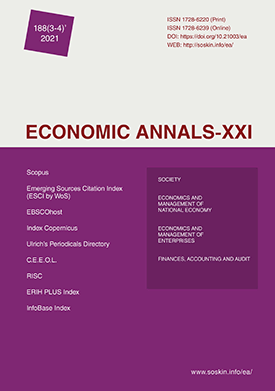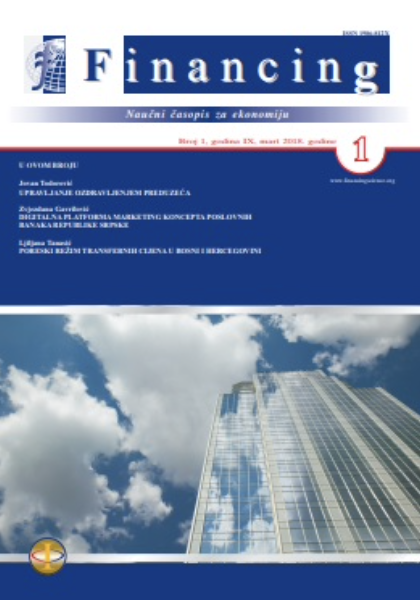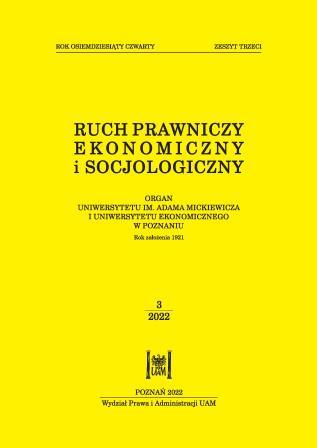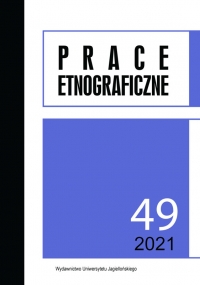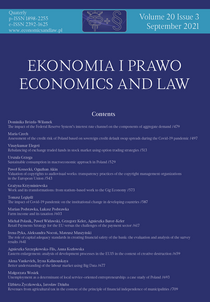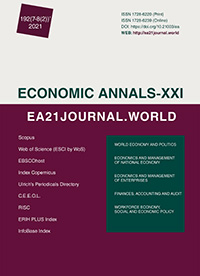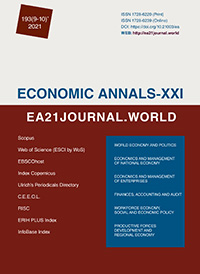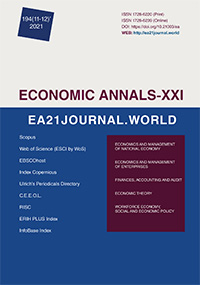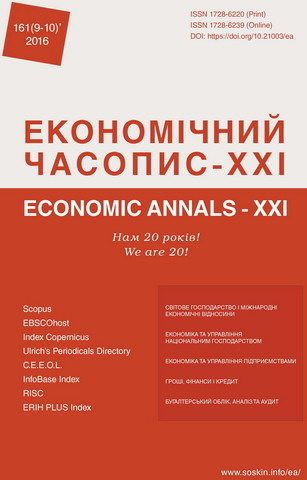
Statistical approach to calculation of VAT and problems related to tax credit and export tax refund
The Theory of National Accounts opens up new possibilities for improving VAT taxation. New terms have been introduced: statistical tax rates are equal to the current VAT rate multiplied by the share of value added for VAT or by the share of input for the export tax refund (ETR) in products output, which are calculated for selected sectors of the economy on the basis of National Accounts. Statistical tax rates allow for determining VAT or ETR from sales turnover, which reduces the probability of tax fraud. Time limitations associated with a three-year delay in the calculation of National Accounts are treated as insignificant in many cases. The authors of the article have suggested an algorithm of taking into account VAT exemptions and made calculations using statistical data for the United Kingdom of Great Britain. Information about VAT exempted turnover should be obtained from the State Fiscal Service of Ukraine and compiled into the National Accounts Database. The Input-output approach to the calculation of VAT can be applied both for the analysis of tax legislation and for direct VAT assessment.
More...
